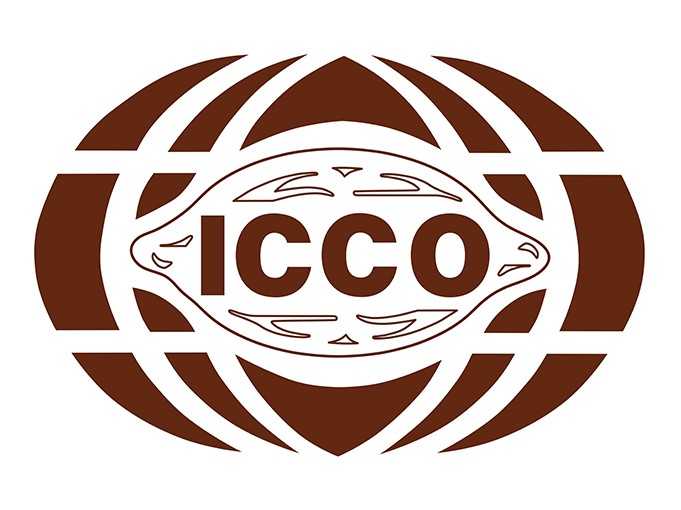ABIDJAN, Côte d’Ivoire – The International Cocoa Organization releases its revised estimates for the 2021/22 and 2022/23 cocoa years for world production, grindings and stocks of cocoa beans, as summarized below. The data published in Issue No. 4 – Volume XLIX – Cocoa Year 2022/23 of the Quarterly Bulletin of Cocoa Statistics reflect the latest information available to the Secretariat as of early November 2023.
The commentary of this edition of the ICCO Bulletin points out that the 2022/23 season was mainly characterized by a decline in supply from the two main producing countries and ended with a global production deficit.
As the current 2023/24 season is also expected to end with a global production deficit, market participants continue to weigh the situation of successive supply deficits.
In this regard, several revisions have been made to the 2022/23 cocoa balance sheet. On the supply side, the production estimate has been revised upwards by 15,000 tons to 4.953 million tons, compared to the 4.938 million tons estimated in the previous bulletin.
As cocoa bean grindings are an indicator of cocoa demand, the continuous decline in quarterly grindings data published by the major regional cocoa associations during the 2022/23 season, compared to the previous year, indicates a slowdown in cocoa demand. On the demand side, grindings were revised down to 5.002 million tons from 5.005 million tons in the previous Bulletin.

Notes:
a/ Estimates published in Quarterly Bulletin of Cocoa Statistics, Vol. XLIX – No. 3 – Cocoa year 2022/23.
b/ Surplus/deficit: net world crop (gross crop adjusted for loss in weight) minus grindings.
Totals may differ due to rounding.
Statistical information on trade in cocoa beans, cocoa products and chocolate, by country and by region, published in this edition, covers annual data from 2019/20 to 2021/22 and quarterly statistics for the period October-December 2021 to April-June 2023.
Details on destinations of exports and origins of imports for leading cocoa exporting countries are also provided.
Caution should be exercised in the interpretation of the data in this issue of the Bulletin as they may be subject to revisions in subsequent Bulletins and reports from the Secretariat.
Copies of the Quarterly Bulletin of Cocoa Statistics, in Microsoft Excel and Adobe PDF formats, can be ordered from the ICCO e-shop here or by email: statistics.section@icco.org.
About ICCO
The International Cocoa Organization (ICCO) is an inter-governmental organization established in 1973 under the auspices of the United Nations and operating within the framework of successive International Cocoa Agreements. The ICCO is headquartered in Abidjan, Côte d’Ivoire.
The Organization comprises 52 Member countries, of which 23 are cocoa exporting countries and 29 are cocoa importing countries. These Member countries together represent 86% of world cocoa exports and 76% of world cocoa imports.
The ICCO seeks to promote and support the economic, social, and environmental sustainability of the cocoa value chain, and in particular to improve the living conditions of cocoa farmers. The Organization acts as a center for knowledge and innovation in the world cocoa economy; as a platform for institutional cooperation to foster dialogue among its Member countries and between key stakeholders in the cocoa value chain; and as a source of technical assistance for its Member countries.















